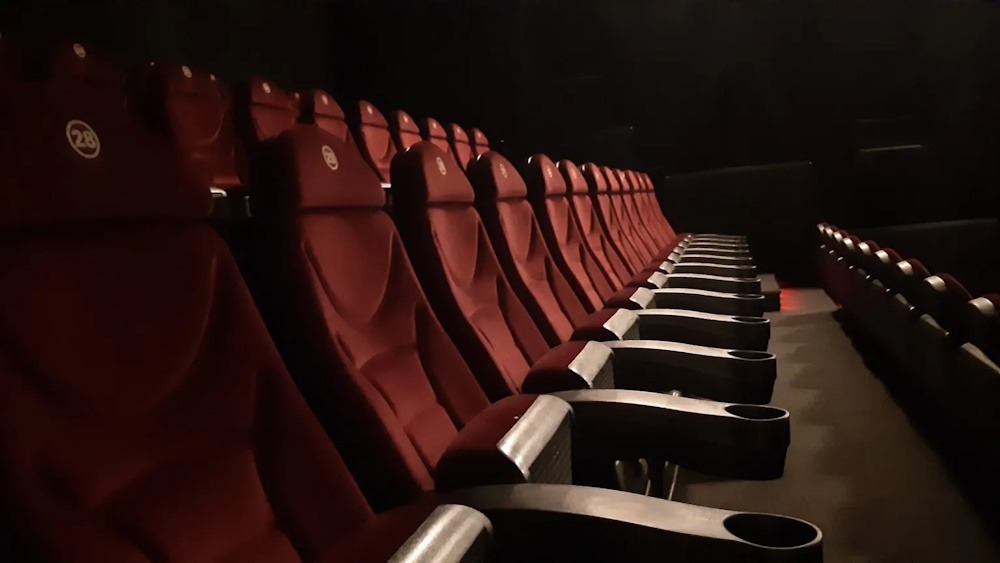The winter break of 2025 signified a decline for the Argentine film industry, which reported its lowest attendance numbers since 2009. The decline can be attributed to the Argentinean economic situation, a scarcity of new releases, and the expanding market for streaming platforms.
During the winter break, a period traditionally associated with increased box office sales, ticket sales did not experience the anticipated rebound. The subdued numbers underscore a significant challenge facing the nation’s cinema industry. Data from Argentine film consultancy Ultracine indicates that 4,665,000 tickets were sold during the winter season. The decrease in attendance occurs against the backdrop of evolving entertainment consumption patterns and a multifaceted economic landscape.
July typically represents the peak revenue period for theaters throughout the year. In July 2015, the total number of admissions reached 9,615,574, contrasting with the typical figures observed in recent years, which have hovered around 8 million. The decline in 2025, when juxtaposed with the previous year, stands at 21%. The data excludes the years 2020 and 2021, during which the Covid-19 pandemic led to the closure of theaters.
The price of an adult ticket to a Cinépolis cinema currently stands at AR$13,000, whereas at Cinemark Hoyts, it is marginally higher at AR$14,600. Reports conclude that a contributing factor to the decline was the constrained availability of appealing new releases. The increasing prevalence of streaming platforms has significantly contributed to this decline. The accessibility of an extensive array of films and series from the convenience of home, combined with the expenses associated with a family outing to the cinema, has significantly altered audience preferences.
The immediacy and variety provided by these services constitute a formidable challenge that the traditional film industry must navigate with strategic foresight. The prevailing economic conditions in Argentina are exerting a direct influence on the purchasing power of its citizens, compelling them to prioritize essential expenditures at the expense of entertainment. The increase in ticket prices, along with the costs of popcorn and drink combinations, as well as related travel expenses, positions the cinema experience as a luxury for numerous households.

